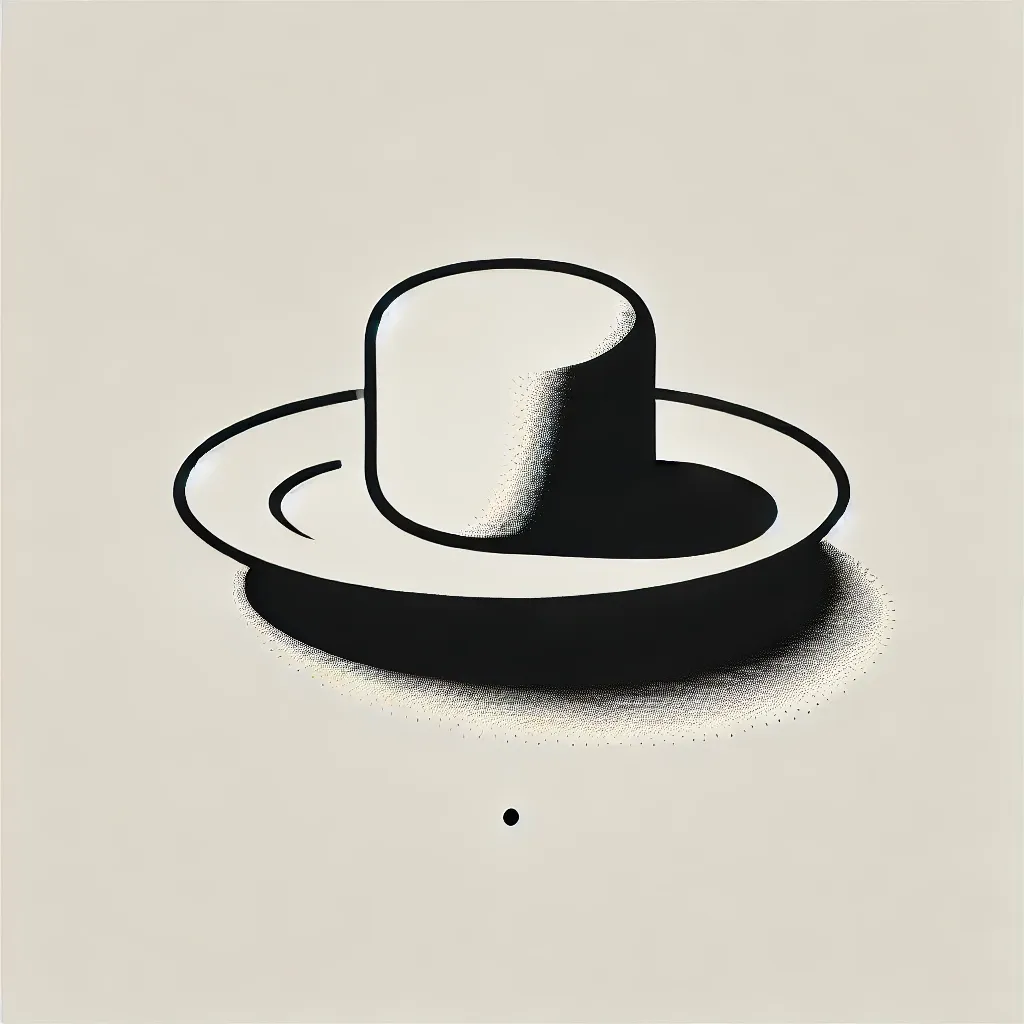Do you Take the Marshmallow or wait?
What does willpower mean to you? -- Do you take the Marshmallow or do you wait?

Hope everyone had a great Halloween! After all the sweets and trick-or-treating, let’s take a moment to talk about a different kind of treat—marshmallows. Specifically, the story behind the "Marshmallow Effect."
The "Marshmallow Effect" comes from a psychological experiment conducted by Walter Mischel in the 1960s, called the Marshmallow Test. It was a simple but revealing setup: each child was seated in a room with a marshmallow on a plate. The instructions were straightforward—if they resisted eating it for a few minutes, they’d get a second one. Those who delayed gratification didn’t just win an extra treat; studies showed they also excelled later in life. Children who could wait tended to score higher academically, handle stress better, and even enjoy healthier relationships. The ability to delay gratification, it turns out, is often a predictor of success.
Growing up, I feel I was constantly tested in this concept of restraint. Whenever we visited family gatherings at the other Aunties homes, my mother would always tell us to not accept anything that was offered to us. There was always something to be offered, delicate cakes, colourful candies, or decadent pastries in front of us—tempting treats we never saw at home.
“Always say no,” my mother taught me. It was proper etiquette. Even if I was starving, even if the sweets looked better than anything I'd ever tasted, I would politely decline. Quietly and gracefully, I would let my gaze drift over the treats, training myself to ignore my wants, and silently exercise restraint.
Soon, saying “no” became automatic, part of my character. As an adult, I often find myself declining even when I want something. For me, this was my Marshmallow Test, but with one twist: I wasn’t just waiting for another marshmallow. There was no promise of a marshmallow at all. I didn’t get the satisfaction of having the marshmallow. As a result, I came to the conclusion that it made me a stronger person. Just like rawdogging a flight. This would help me build strength right? That’s what I always believed.
It’s not about the Marshmallow is it?
As I entered my twenties, something shifted. Although I was never given the marshmallow, I learned how to get it myself. I got a job, went to the store and got myself a whole bag of marshmallows.
I’d spent so long delaying gratification that when I finally had the freedom to choose for myself, I let loose. It wasn’t just marshmallows. At the time I felt so disappointed that I couldn’t be strong enough to be perfect. I feel like I snapped; I drank too much, fell in love too fast, and chased every impulse I’d been suppressing for years.
My mother scolded me for having “too much fun.” Fun led to guilt, and guilt led to shame. I felt like I was spiraling, unable to find balance between restraint and indulgence. I felt like I wasn’t strong enough to hold it together. Something was wrong with me. I was unlovable, I was weak. I was never going to find a husband if “I have too much fun”.
So I went back and forth in this process. Holding back to have this idea of perfection, then failing, losing control and shame all over again.
Another Concept of a Marshmallow
I recently read Switch by Chip and Dan Heath. The book itself talks about the psychology of change, but I saw new perspectives on willpower and resistance. The Heath brothers suggest that willpower is like a muscle—it can get tired when overused. They explain that self-control and decision-making are mentally exhausting, so when we constantly rely on willpower to make changes, it becomes fatigued, making it harder to sustain those changes over time.
This idea—that willpower is exhaustible—resonated with me. Perhaps it wasn’t that I had lost control, but that I had overstretched my willpower “muscle” to the point of collapse. The pattern I’d experienced—holding back, releasing, then retreating—made sense. I was not broken; I was simply exhausted.
As I reflect on my experiences, I’m realizing that restraint without reward, without balance, isn’t always strength. We’re all human, and willpower alone can’t be our sole guide through life’s complexities. I grew up thinking that if I could just control myself more, I’d be better, happier, more successful. But now, I see that sometimes, strength means knowing when to let go and when to hold on, not to someone else’s expectations but to my own needs and desires and that is different for everyone.

